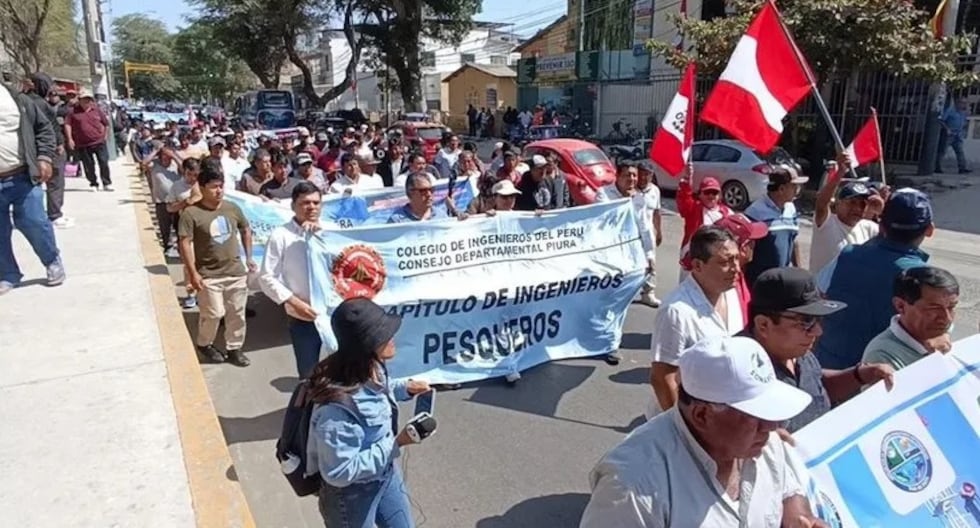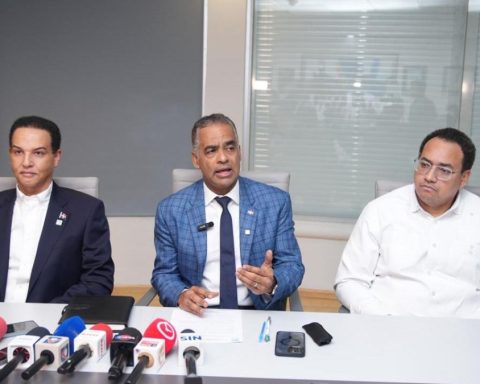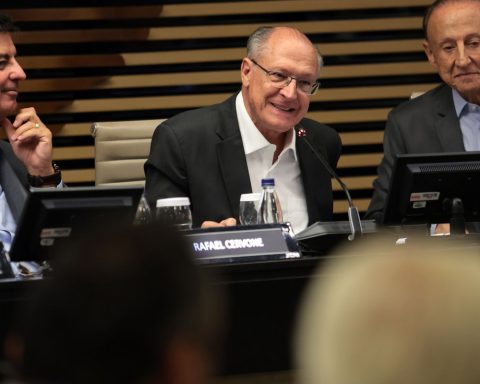Finance ministers will discuss the issue at an evening meeting, but Treasury Secretary Janet Yellen has signaled that the United States opposes a coordinated tax.
“Tax policy is very difficult to coordinate globally. We do not see the need nor do we believe it is desirable to try to negotiate a global agreement on that issue,” Yellen said at a press conference, in which she argued for each country to ensure it has a “fair and progressive” tax system.
“The United States strongly supports a progressive tax system that ensures that very wealthy individuals with high incomes pay their fair share,” Yellen said.
On Wednesday, Lula said that “some individuals control more resources than entire countries,” as he announced the creation of a Global Alliance against Hunger and Poverty, the flagship project of Brazil’s G20 presidency.
His finance minister, Fernando Haddad, defended on Wednesday the idea of taxing billionaires as a means of financing the fight against hunger.
He was cautious, however, saying that it was possible that the ministers would issue a declaration “that would give a boost” to the proposal. “It will not be established overnight, because it is a very delicate mechanism,” he told local channel Globo.
Washington and Berlin reluctant
Inequalities have continued to increase in recent years, according to a study by the NGO Oxfam published on Thursday: the wealth of the richest 1% of the world’s people has increased by more than 40 billion dollars, but their taxation is “historically” low.
The idea of a coordinated tax on the richest emerged at the beginning of the year and gradually gained support from several countries such as France, Spain and South Africa.
French economist Gabriel Zucman estimates that the tax rate paid by billionaires is just 0.3% of their wealth. In a recent report commissioned by Brazil, Zucman proposed creating a 2% tax on the fortunes of some 3,000 billionaires.
But not all G20 countries support this idea.
The German Finance Ministry has called the idea of a minimum wealth tax “irrelevant” ahead of the G20 summit.
In addition to an international tax system, this meeting of ministers ahead of the summit of heads of state and government on November 18 and 19 – also in Rio – is expected to address the global economic situation and, on Friday, the financing of the climate transition and debt.
International divisions over the wars in Ukraine and Gaza have also made the G20 joint statements a sensitive issue.

















